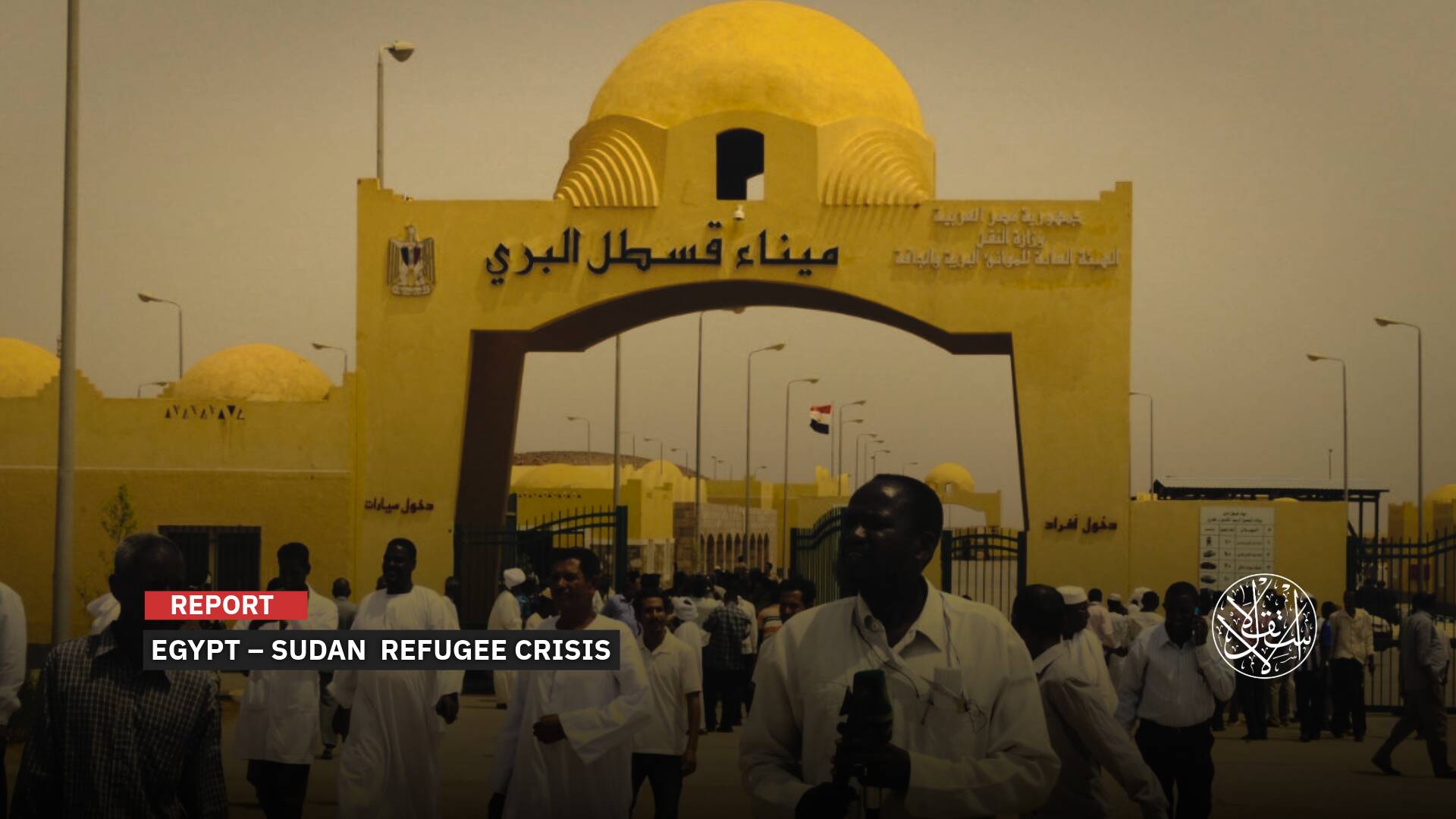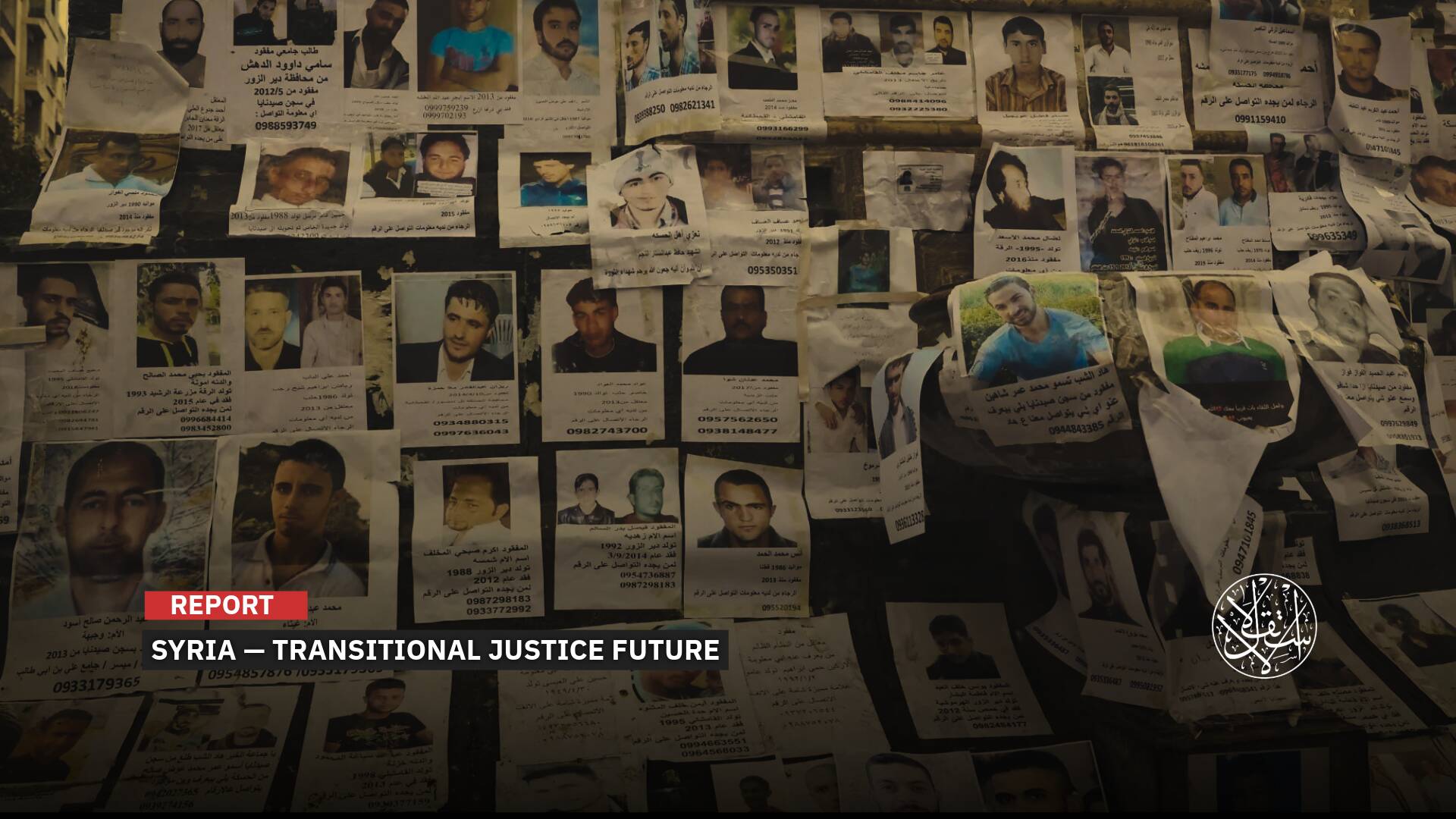Leaked Documents Reveal How the UAE Embraced the Irish Kinahan Crime Gang

About two weeks after the US Treasury imposed sanctions on its leaders, including Daniel Kinahan, who moved to live and work in Dubai in 2016, recently leaked documents revealed details of the UAE hosting the Kinahan gang, which is considered the most dangerous in Ireland.
The Kinahan gang emerged in Dublin in the 1990s, and the United States says it is one of the world's largest crime gangs.
According to the Treasury, the gang now uses Dubai as a center for its illegal activities, has branches in Ireland, the UK, and Spain, and has interests related to drug trafficking and money laundering.
Kinahan Gang in Dubai
On April 23, 2022, an investigation by The Irish Times newspaper published leaked documents that reveal details of the work of the Irish Kinahan gang for organized crime inside the UAE, and the position of the Emirati authorities on its activities.
The newspaper reported that “after a failed attempt by the criminal Hutch gang to murder Daniel Kinahan at the Regency Hotel in Dublin on February 5, 2016, the brothers Daniel (44) and Christopher Jr. (41) moved from southern Spain to Dubai, where their father Christopher Sr. (66).”
The documents indicated that the two brothers rented an apartment in Dubai for a full year, paid in advance, starting from March 1, 2016.
According to the documents, the Kinahan family obtained permission from the authorities in Dubai to establish a global company called Haizum to export and import agricultural commodities in a special tax-exempt zone in Dubai with a projection profit of $6.8 million.
This came despite the fact that the Emirati authorities knew that among the contributors were the brothers Daniel and Christopher. The examination and evaluation review conducted by the Dubai authorities considered that the Kinahan brothers are low-risk.
In December 2016, Emirati officials did not mind establishing the Kinahan family business in Dubai.
But under UAE law at the time, companies had to be majority owned by a local national; whereas, the company Haizum license listed its shareholders as follows: Hadif Al Ktebi (51 percent), Daniel Kinahan (30 percent), and Christopher Kinahan (19 percent).
In October 2016, two months before the UAE authorities assessed the Kinahan brothers, the results of a cross-border investigation conducted by Trans Crime (based in Milan) in cooperation with the An Garda Síochána organization and funded by the European Commission showed that “the Kinahan organized crime cartel has established more than 200 companies in 20 countries as part of its criminal activities.”
According to the aforementioned investigation, the Kinahan adopted the mafia's golden method of using food companies as a front to transport drugs across the border.
The Kinahan gang's use of food companies to smuggle drugs was known to the An Garda Siochana organization, after the seizure of cannabis worth €10.5 million in several locations in Kildare County in February 2008, and investigations led to a series of small food companies that were importing food from Spain.
Also, the An Garda Siochana organization discovered that an import network had been used to export foodstuffs to smuggle drugs into Ireland, the UK, and elsewhere.
The investigation culminated in a series of coordinated raids in 2010 targeting the Kinahan cartel in countries across Europe as well as in Brazil.
So far, Garda's Office of Drugs and Organized Crime (DOCB) has seized €20 million of drugs, €7.5 million in cash, and several firearms linked to the cartel.
In this regard, Judicial Advisor Mohammed bin Saqr al-Zaabi explained in a statement to Al-Estiklal that “the Emirati political regime benefits from the presence of these criminals in the country,” indicating that “there is a relationship of mutual interest between the two parties.”
“Therefore, we find that everyone who commits a crime in his country and is looking for a safe haven after escaping from their countries is seeking refuge in the UAE, because the Emirati regime offers protection to those convicted after they pledge to pump money they embezzled, stolen or brought from an illegal source to their Middle Eastern haven,” he added.
“The UAE's failure to stop the activities of money laundering, mafia gangs, and drug trafficking exposes it to pressure from Western governments. Therefore, it recently took some steps to improve its image in front of them by confiscating some of those suspicious funds,” Mr. al-Zaabi stressed.
Illegal Activities
According to The Irish Times, in 2016, an application to open a branch of Haizum in the tax-free zone was submitted to DMCC by Sarfraz Ali Riast Ali, a Pakistani national residing in Dubai, he was given a power of attorney earlier that month by the Kinahan brothers to run it on their behalf.
Haizum General Trading does not have a website, while the company states that its address is Office 3005, X3 Tower, Jumeirah Bay, JLT, Dubai. It is the same office used by Ducashew Consultancy, which the US Treasury imposed sanctions on last April 12, saying that it is owned or controlled, directly or indirectly, by the Kinahan brothers and their father.
The leaked files show that a British citizen named Rebecca Irene Brinkmann, aged 39, has been working for Ducashew since 2017, the same as an Emirati citizen named Khalid Abdulrahman Mohammad al-Jassmi.
The documents showed that Brinkmann also worked for Haizum General Trading CO. LLC, in the employment contract issued by Haizum during the year 2017, the official was described as Daniel Joseph Kinahan or Rebecca Irene Brinkmann.
The leaked files show that on January 08, 2018, another company called MTK Global was headquartered in the same office used by Ducashew and Haizum, and its phone number mentioned is the same as in the documents of those two previous companies.
According to a statement on MTK's website, Khalid al-Jassmi, an Emirati national who described himself in November 2017 as a partner in Ducashew General Trading, was announced as an ambassador for the MTK Global brand on February 12, 2018.
Mcclumpha, who is from Scotland and also known by her nickname Sandra Vaughan, bought MTK Global in 2017, and closed the deal on November 05 of the same year, according to the data of the leaked document sealed by a court in Dubai in which it granted the power of attorney to Brinkmann.
MTK has its roots in Spain, where it was founded by Daniel Kinahan with a business partner, but in a 2018 statement, Vaughan said that “the company cut ties with Kinahan in February 2017.”
Vaughan resigned from her position as CEO of MTK in June 2020, due to controversy sparked by heavyweight boxing champion Tyson Fury, who confirmed that Kinahan worked as an advisor to him.
Daniel Kinahan, one of the three bosses of the cartel, has been involved in organizing famous boxing matches in the past few years, earning up to $2 million for Tyson Fury's last four fights.
Following the US sanctions imposed in April on the Kinahan family, with a reward of $5 million offered to anyone who provides incriminating information, MTK issued a statement confirming once again that Daniel Kinahan has no longer had any commercial association with them since February 2017.
Under Secretary of the Treasury for Terrorism and Financial Intelligence, Brian Nelson noted that “the Kinahan cartel smuggles drugs into Europe, and poses a threat to the entire legitimate economy through its role in global money laundering.”
Gregory Gatjanis, associate director for Global Targeting at the U.S. Department of the Treasury, confirmed that “Kinahan's associates also smuggled drugs on US soil and were seen as a significant national security threat such as the Japanese yakuza, Italian organized crime groups, or the Russian underworld.”
It is noteworthy that the UAE is a safe financial haven for money laundering and drug smuggling companies, as it allows owners of shell companies to hide their identities and establish internal free zones that provide more judicial authorities to hide within a mysterious organization.
The UAE was also recently put on the greylist by the Financial Action Task Force, a global anti-money laundering watchdog, putting new pressure on banks and governments to closely scrutinize funds and businesses that pass through the Emirates.
The US Treasury has described Dubai as a facilitating center for the cartel's illegal activities.
On the other hand, the UAE said in a statement published by the Financial Times that the UAE continues to investigate this cartel.
The UAE government told the newspaper that it has frozen all Kinahan's assets in its judicial districts, and is continuing its investigations into the organized crime group in cooperation with authorities in Ireland, the UK, the US, and Spain.
A source familiar with the issue told the Financial Times that the assets freeze includes all personal and corporate bank accounts.
Following the UAE's freezing of Kinahan's assets, controversy arose over the possible extradition of the cartel leaders to Ireland, despite the absence of an extradition agreement between the two countries.
What prompted this possibility was that the UAE, last March, handed over Raffaele Imperiale, an Italian criminal and a member of the Camorra, to Rome, seven months after his arrest in Dubai.
It is also noteworthy that Imperiale had attended Daniel Kinahan's wedding at the Burj Al Arab in Dubai in 2017.
Sources
- The Kinahan files: Leaked documents expose workings of global empire
- How a ruthless Irish gang found a home away from home in Dubai and an enemy in the White House
- U.S. offers $5 million reward for arrest of Irish crime gang
- UAE freezes assets of Kinahan drug trafficking gang
- Kinahan cartel: US offering $5 million reward for key information on gang














